- Savage Blog
- Waterfowl Conservation: How Hunters Help Preserve Wetlands
Waterfowl Conservation: How Hunters Help Preserve Wetlands
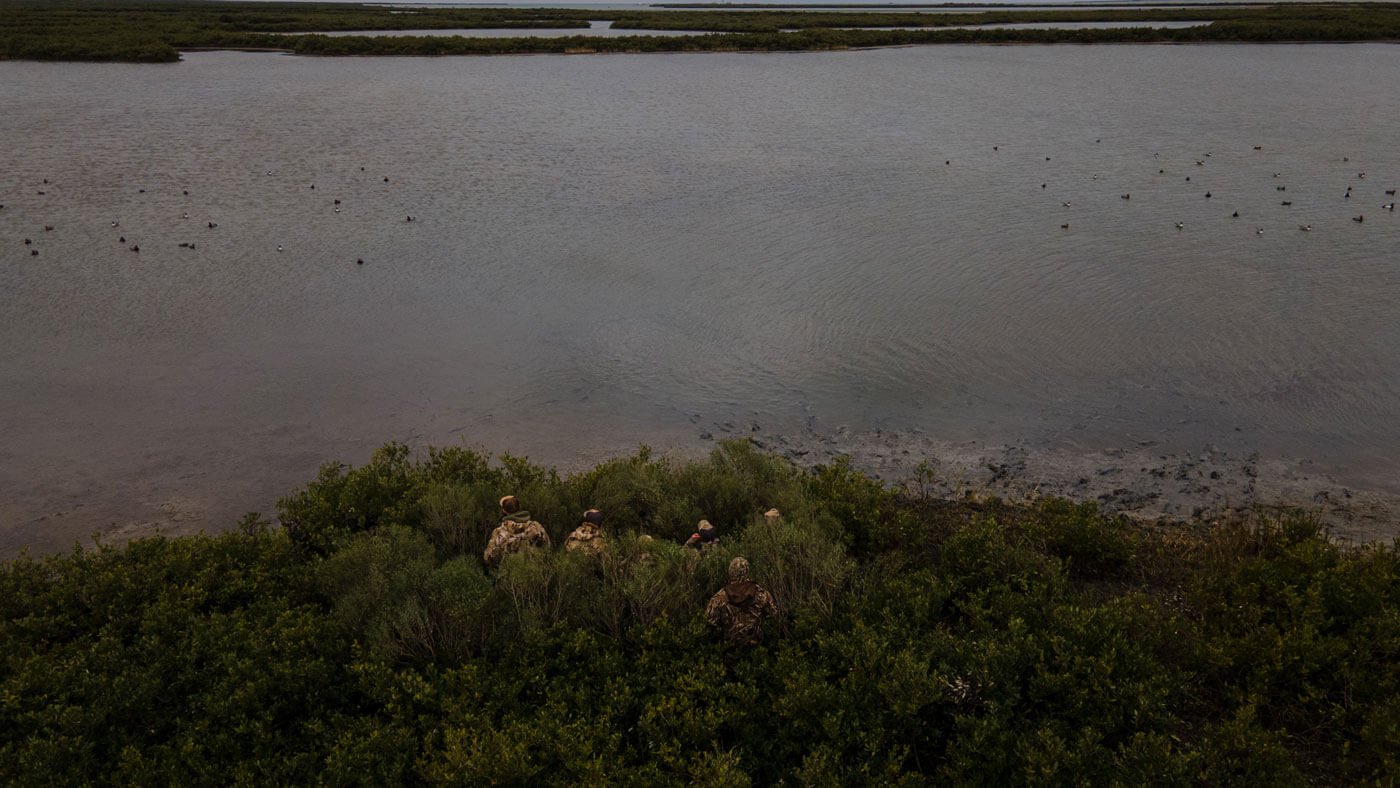
Waterfowl conservation is essential to preserving the rich habitats that support ducks, geese, and other water-dependent species across North America. Hunters, often the most passionate stewards of the land, contribute significantly to waterfowl conservation through funding, advocacy, and on-the-ground efforts. These actions sustain healthy waterfowl populations and protect the delicate wetlands where they thrive. Let’s dive into the role of hunters in waterfowl conservation, highlighting how each hunt and purchase can make a difference for wetlands and the species that depend on them.
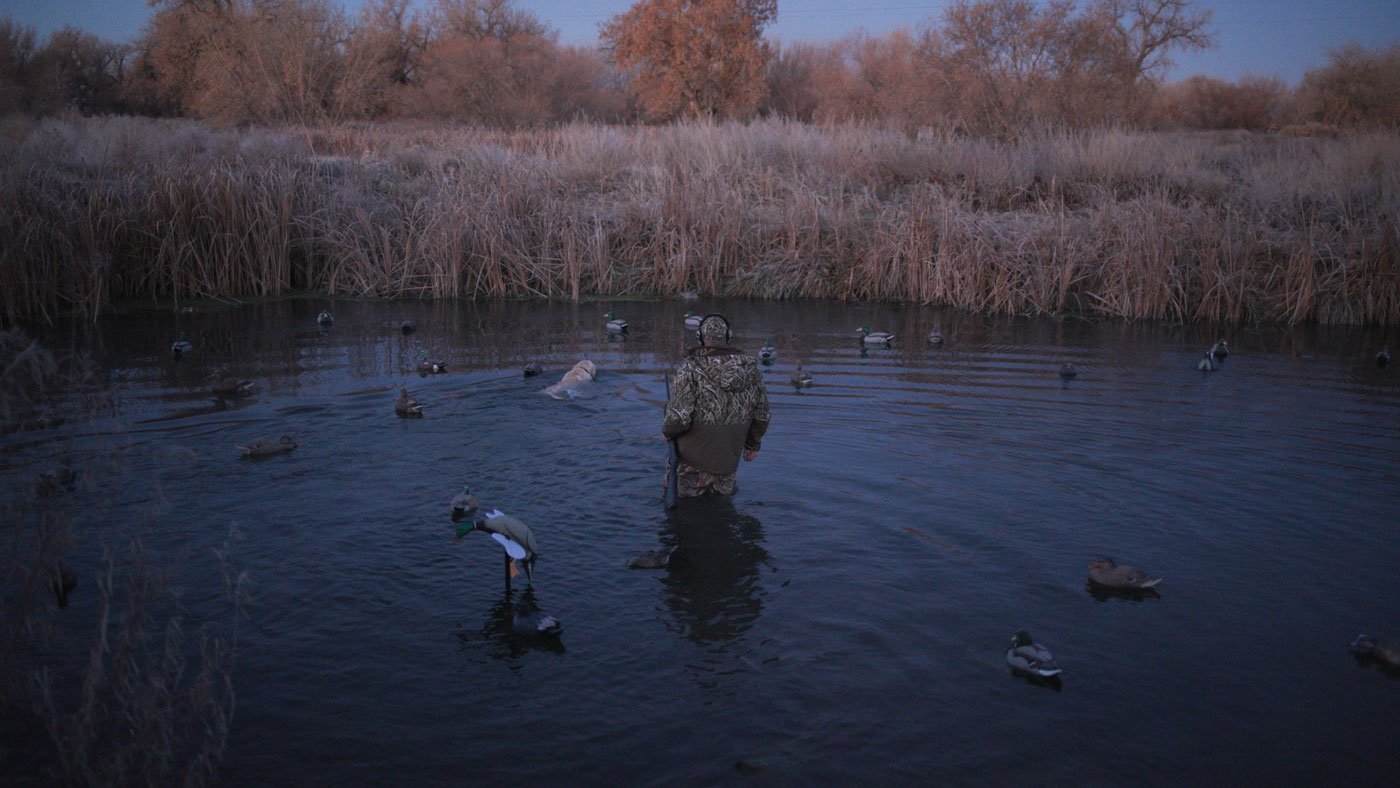
Why Hunters Are Key to Waterfowl Conservation
Many people are surprised to learn that hunters play an invaluable role in waterfowl conservation. Through various funding mechanisms and a shared commitment to preserving the natural world, hunters contribute to waterfowl conservation efforts in several important ways:
Funding through License Fees and Taxes
A significant portion of funding for wildlife conservation in the U.S. comes directly from hunting-related fees. Hunters contribute to waterfowl conservation with every purchase of licenses, permits, and stamps. The Federal Duck Stamp, introduced in 1934, is one of the most successful conservation funding tools ever created, with 98% of the proceeds directed toward wetland and waterfowl habitat acquisition and preservation.Supporting the Pittman-Robertson Act
Another vital funding stream comes from the Pittman-Robertson Act of 1937. This legislation places an excise tax on firearms, ammunition, and hunting equipment, directing the revenue toward wildlife conservation and restoration projects. Hunters contribute billions of dollars to conservation through this act, helping to fund everything from land acquisition to research and habitat management programs.Joining Conservation Organizations
Many hunters are involved with organizations dedicated to waterfowl and wetland conservation. Ducks Unlimited, Delta Waterfowl, and the North American Waterfowl Management Plan (NAWMP) are just a few groups where hunters actively participate in preserving and restoring habitats across North America. Members often volunteer for local wetland restoration projects, donate, or help raise awareness about waterfowl conservation.
Advocating for Sustainable Hunting
Responsible hunting practices help maintain healthy populations. By adhering to regulations on bag limits, hunting seasons, and protected species, hunters play a direct role in sustaining waterfowl populations. In addition, hunters are among the first to advocate for balanced ecosystems, supporting policies that protect habitats and ensure sustainable hunting opportunities.
How Hunting Benefits Wetlands and Other Wildlife
Wetlands provide critical habitat for waterfowl and are vital for biodiversity. Beyond supporting waterfowl, wetlands protect numerous species, filter pollutants, control flooding, and store carbon. When hunters contribute to waterfowl conservation, they’re also helping preserve these essential wetland benefits. This connection between hunting and conservation underscores how hunters positively impact wetlands:
Protecting and Expanding Wetland Habitats
Funds from hunting-related fees are frequently used to purchase and protect wetland areas that waterfowl need to survive. These areas include breeding grounds, migration stopovers, and wintering habitats. By supporting land purchases or restoration projects, hunters help maintain critical habitats, not only for waterfowl but also for the countless other species that depend on wetlands.
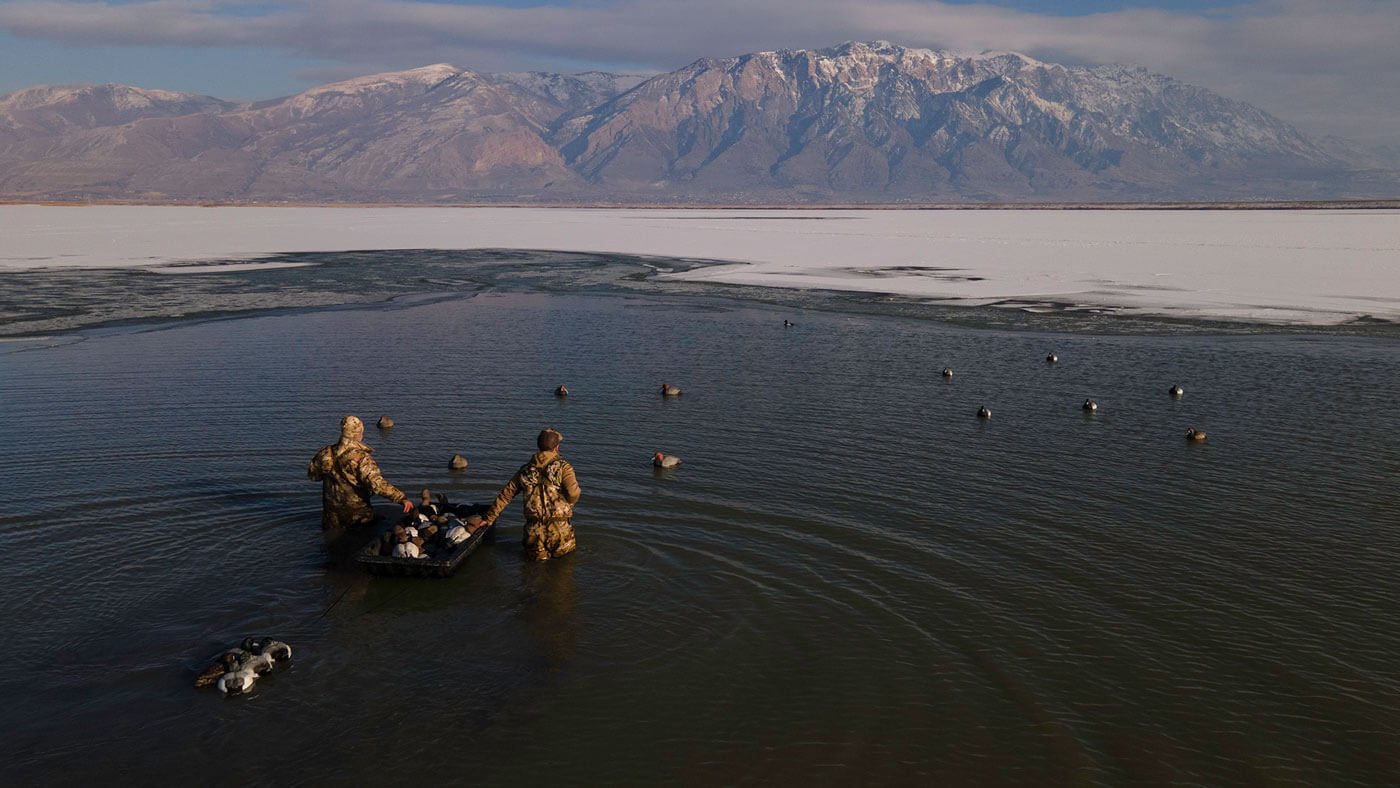
Restoring Degraded Wetlands
Hunting-funded organizations frequently engage in wetland restoration projects, working to reverse habitat loss due to agricultural and urban development. These efforts often involve restoring native vegetation, controlling water levels, and improving nesting areas. For instance, Ducks Unlimited has restored millions of acres of wetlands across the U.S. and Canada, enhancing waterfowl habitats and benefiting local wildlife.Conserving Migration Corridors
Waterfowl follow specific migration paths or "flyways" during seasonal movements, and protecting these corridors is crucial. Funds from hunting permits and taxes help conserve these essential migration pathways, ensuring that waterfowl have safe passage between breeding and wintering grounds. These areas often become vital resources for birds and other wildlife as they traverse vast landscapes.
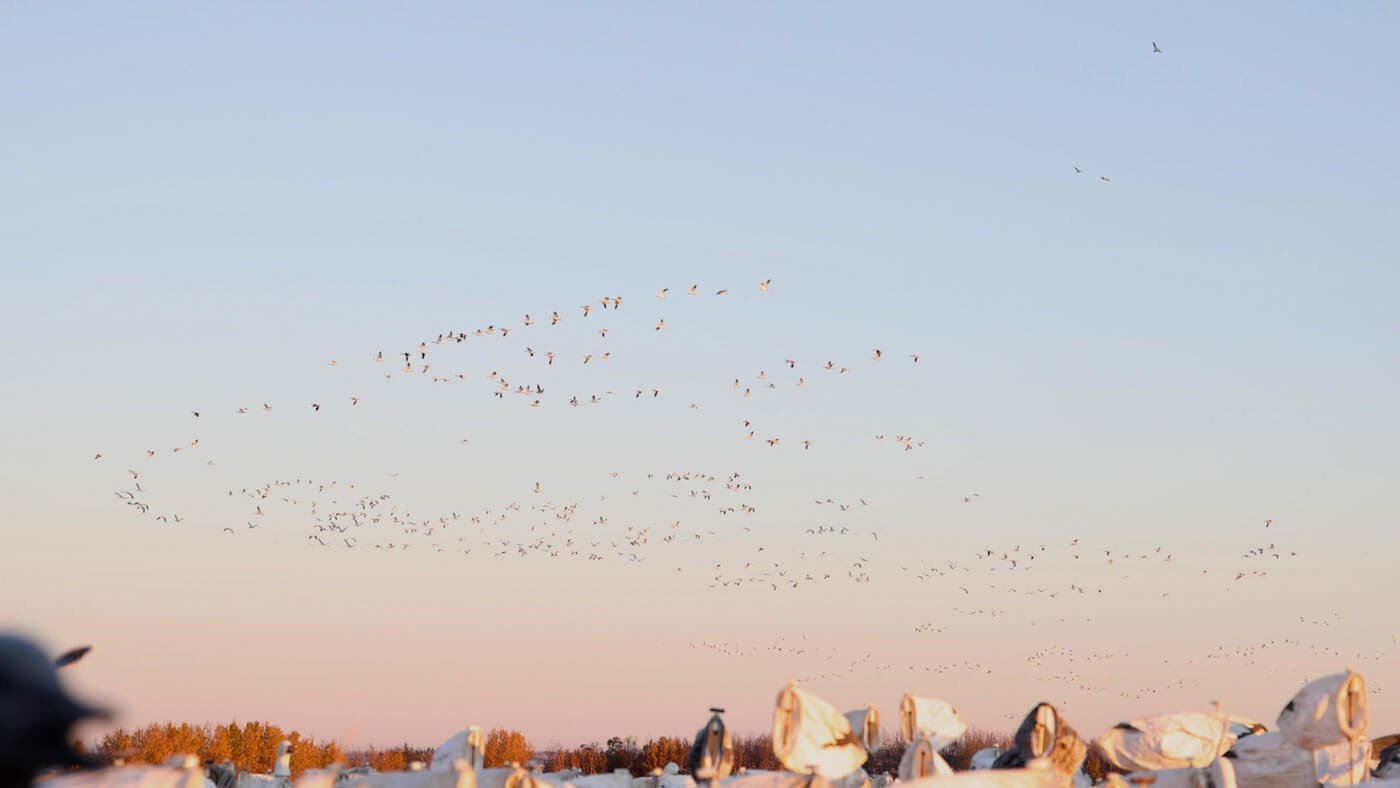
Supporting Scientific Research and Data Collection
Through funding generated by hunters, agencies and organizations can support research into waterfowl population dynamics, migratory patterns, and habitat needs. The insights gathered enable scientists to develop strategies to manage populations and conserve habitats effectively. Hunters' contributions thus help establish data-driven conservation efforts that benefit waterfowl in the long run.
Steps Hunters Can Take to Support Waterfowl Conservation
Hunters have been integral to conservation, but there are even more ways to maximize their positive impact on waterfowl populations and wetlands:
- Purchase a Federal Duck Stamp Every Year
Even if you’re not planning to hunt waterfowl, buying a Duck Stamp is one of the easiest ways to support conservation. Each stamp sold protects 200 square feet of wetlands, adding up to significant conservation efforts over time. Get Involved with Conservation Organizations
Consider joining groups like Ducks Unlimited, Delta Waterfowl, or other local conservation societies. These organizations offer many ways to participate, from volunteering at restoration events to donating toward habitat conservation projects. Membership also connects you with a community of conservation-minded hunters.Encourage Sustainable Hunting Practices
Practicing sustainable hunting ensures that future generations can enjoy the same opportunities. Follow all hunting regulations, practice ethical hunting techniques, and respect seasonal closures and bag limits. Sustainable hunting helps prevent overharvesting and allows waterfowl populations to replenish naturally.Promote Wetland Conservation in Your Community
Educating others about the importance of wetlands can make a real difference. Whether you’re speaking to family, friends, or local officials, advocating for wetland protection builds broader support for conservation efforts. Consider volunteering for a local conservation initiative or even organizing a clean-up day for nearby wetland areas.Support Legislation Protecting Wetlands
Many hunters also stay informed about legislation affecting wetlands and conservation funding. Advocating for policies that safeguard waterfowl habitats, whether by contacting local representatives or joining organized conservation campaigns, makes an impact at the policy level.
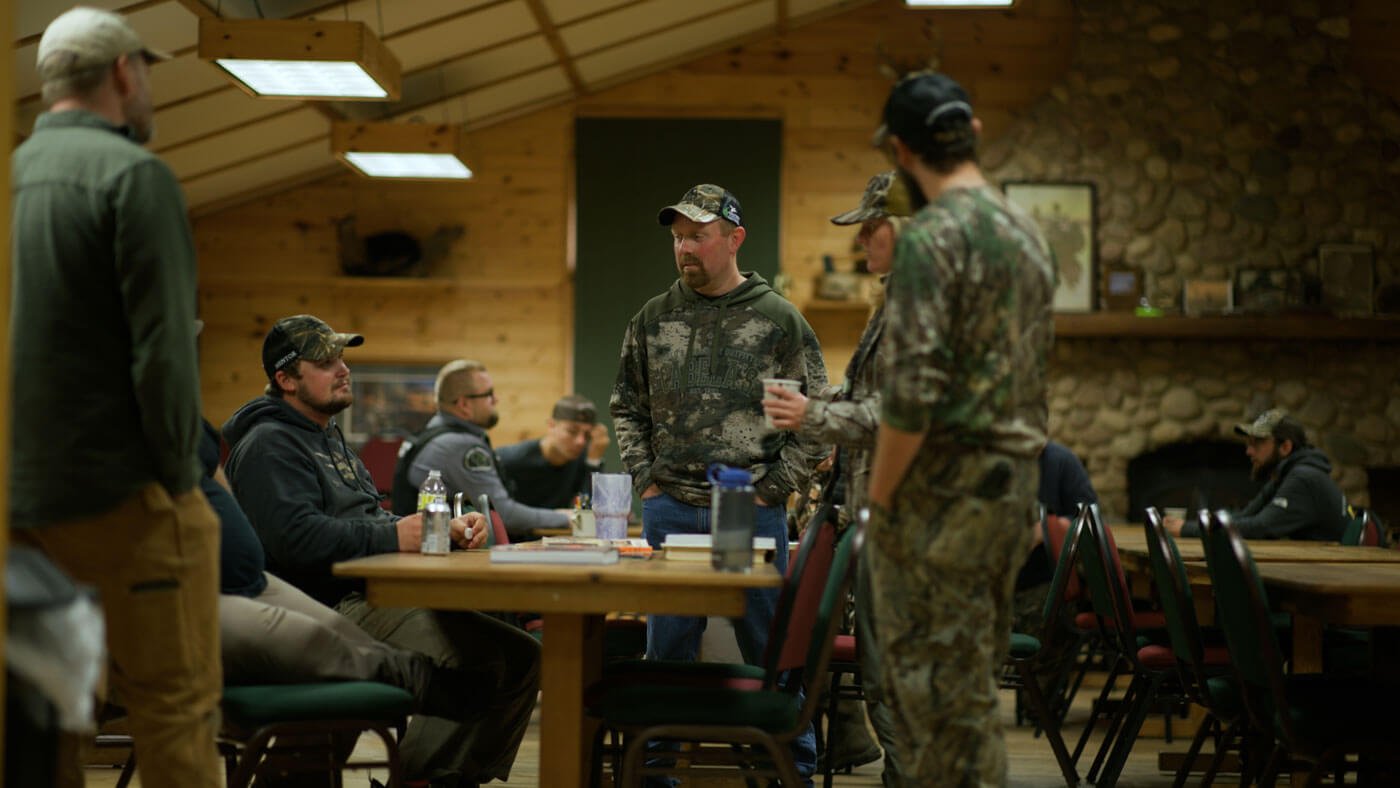
Hunters remain some of the most dedicated supporters of waterfowl conservation, playing an active role in preserving the wetlands and wildlife they treasure. With each license purchase, Duck Stamp, and conservation organization membership, hunters contribute to sustainable waterfowl populations and healthy wetlands across North America. By continuing to support conservation efforts and practicing sustainable hunting, hunters ensure that waterfowl and their habitats will endure for future generations.
How Hunters Can Continue to Make an Impact
Conservation is a continuous process, and hunters can keep making a difference by participating in hunting season responsibly, engaging with conservation organizations, and encouraging a shared appreciation for wetlands in their communities. Through these actions, hunters can protect waterfowl and wetlands while nurturing a strong, sustainable hunting tradition.

